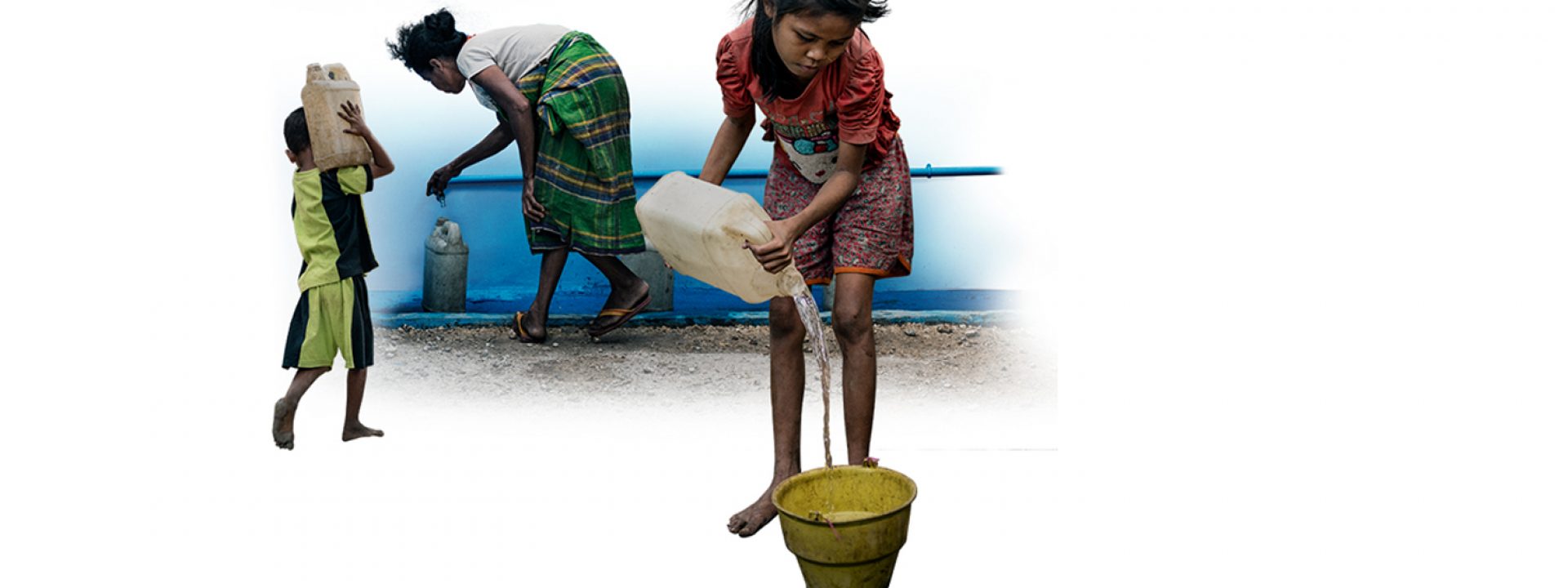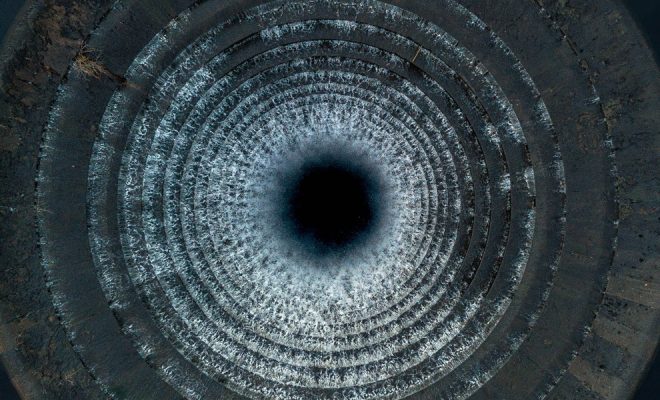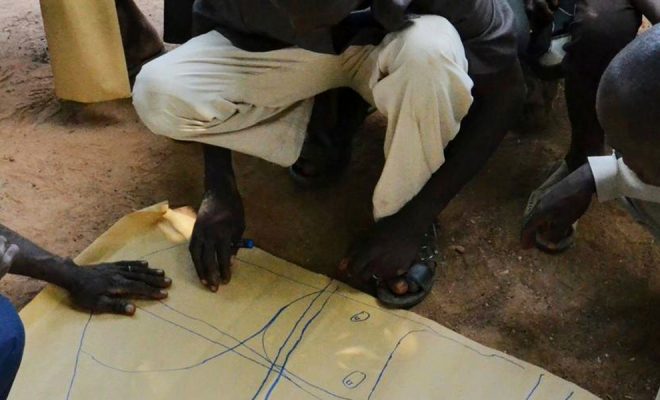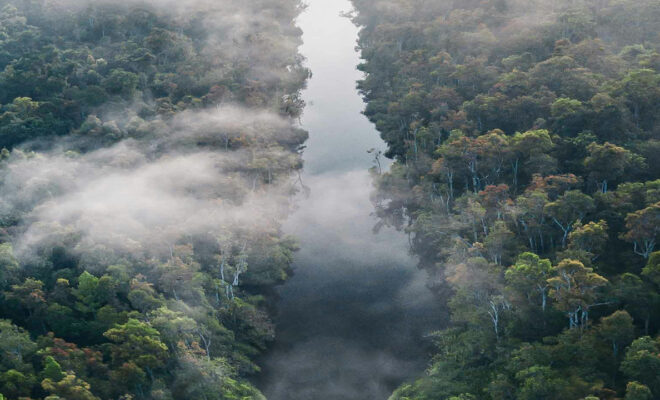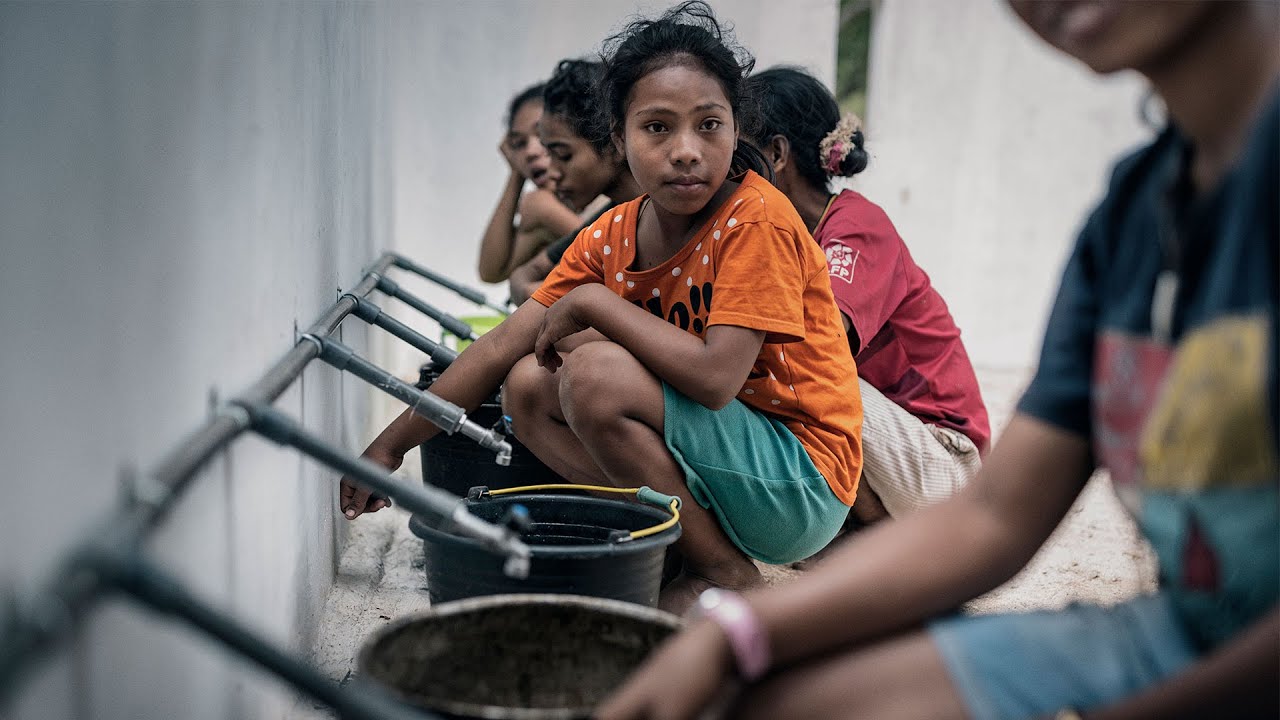
It may seem paradoxical that many of the countries with the greatest availability of water resources have some of the worst rates of access to water. Indonesia is one of them. According to World Bank data, Indonesians have 12,200 m3 of freshwater per capita; this is a very similar amount to the 12,000 m3 of the Democratic Republic of Congo, but far less than Brazil, which is the country with the highest water reserves, with 43,000 m3 per capita. But neither in Brazil nor in the Democratic Republic of Congo nor Indonesia does access to safe drinking water reach all citizens.
According to the WHO / UNICEF Joint Monitoring Program for Water Supply and Sanitation (JMP), an estimated 35 million Indonesians lack access to water. Rural dwellers bear the brunt: 1.4 million have limited access to water (from an improved source with a round trip time of more than 30 minutes), 12.5 million are forced to access unimproved sources (an unprotected dug well or an unprotected spring) and more than 3 million consume surface water.
Regarding sanitation, in the cities almost 3.5 million Indonesians practice open defecation; and the numbers reach 13.2 million in rural areas, where more than 2.7 million lack improved sanitation facilities and eight million have limited improved sanitation, i.e. improved facilities shared between two or more households.
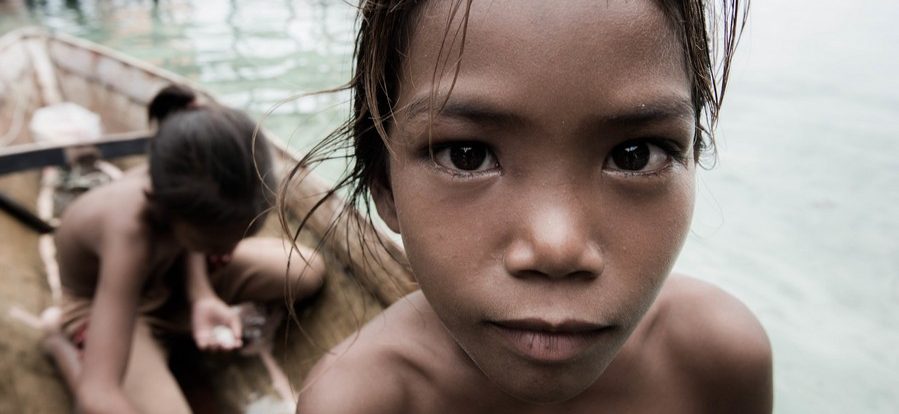
In Indonesia, more than 12 million people do not have safe water sources. © John Jodeer
The neglect of rural areas
The problems of access to water in Indonesia follow a pattern that can be extended to most countries in the tropical belt that are caught between extremes in this water paradox. The neglect of large rural areas, lacking supply and sanitation infrastructures, and the progressive deforestation of the rainforest caused by intensive agriculture, timber extractivism, and the lack of land management are endemic situations that cause water stress and lack of water.
This problem is compounded by the consequences of climate change, which are being felt throughout Indonesia with an increase in flooding and a change in the alternation between dry and rainy seasons, with dry periods lasting longer at the expense of wet periods.
Moreover, the coronavirus crisis has revealed the daily vulnerability of the Indonesian people like in many other poor countries where hygiene was at its lowest because of lack of access to water. The very low vaccination rate – 34.5% this November – is mostly concentrated in large urban centers and leaves the vast majority of Indonesians vulnerable to the pandemic.
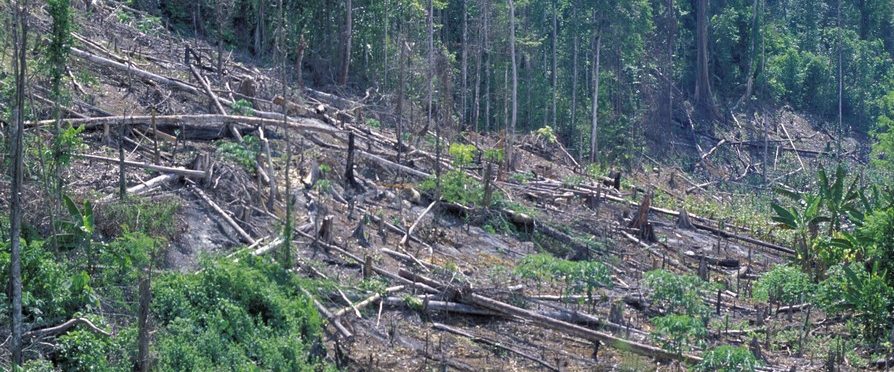
The progressive deforestation of the rainforest in Indonesia cause water stress and lack of water. © Curt Carnemark / World Bank
Two neglected villages in Borneo
An example of these shortcomings can be found in the villages of Senangak and Lubuk Tajau, in the Nanga Taman sub-district, in the island of Borneo, where we are developing an aid project for access to water and sanitation. The villagers work mainly as producers of palm oil and rubber, and their income is uncertain. The supply facilities built many years ago no longer function and the only clean spring is in the hills. A total of 112 families have fallen back into past habits, collecting water from the river where they still practice open defecation.
Not all families can buy portable water filters and sometimes they must buy water in the sub-district’s capital at a price that is financially unaffordable for most of them. Moreover, the district’s capital is far away and difficult to reach on poor roads. As a consequence, there is a high rate of diseases in the villages due to the use of polluted water, which affects children and causes stunted growth.
The project aims to guarantee access to 50 liters of drinking water per day to villagers, as well as to achieve the declaration of both villages as Open Defecation Free (ODF) zones by applying the CBTS method, to develop hygiene education, and to reduce the incidence of disease.
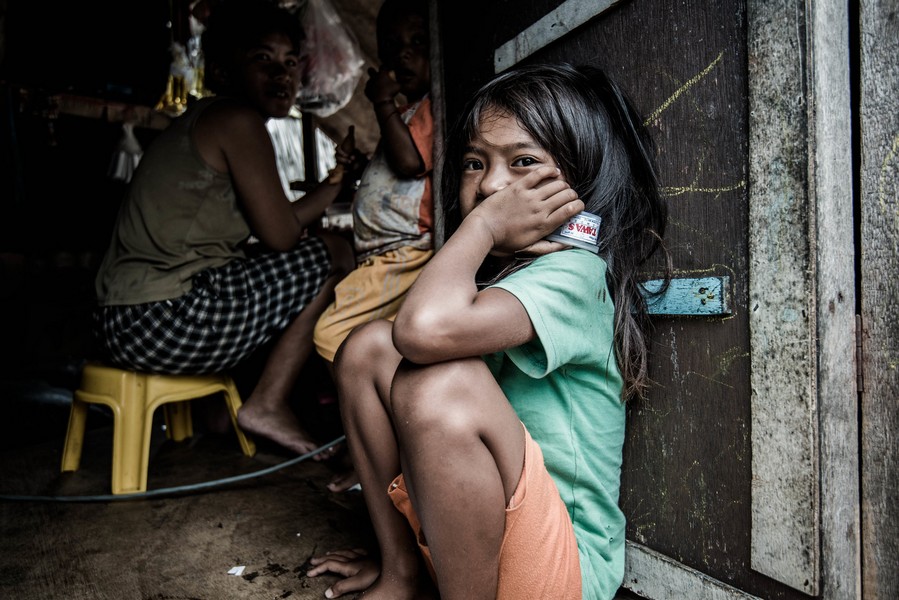
A new project of the Foundation in collaboration with World Vision reveals the precarious situation of people living in the most neglected rural areas of the island of Borneo. © John Jodeer
The loss of biodiversity, a vicious circle
The project also reveals that the situation of the people of Borneo, and Indonesia as a whole, is taking place while one of the richest areas on Earth is experiencing the loss of biodiversity. Since 1950, Borneo has lost around half of its forest area and only a quarter of it has never been logged. Logging is due to timber extraction and land conversion for monoculture, mainly rubber and palm oil, which are affecting the last remnants of primeval rainforest.
A study by the University of Queensland, in Australia, indicates that this deforestation has increased the temperature and dryness of the island with very negative consequences for the remaining forests and the fauna that is losing unique species, as well as for its population and agriculture. Most recently, the consequences of climate change with decreasing rainfall are further deteriorating the vegetation cover, creating a positive feedback effect that may eventually destroy it completely.
The villages in Borneo, like most in the neglected tropical world, show us how natural capital is irreplaceable and its loss directly affects people’s lives. Restoring biodiversity, halting deforestation, and caring for waterways is key to mitigating and adapting to the effects of climate change, which directly threatens the lives of millions of people.
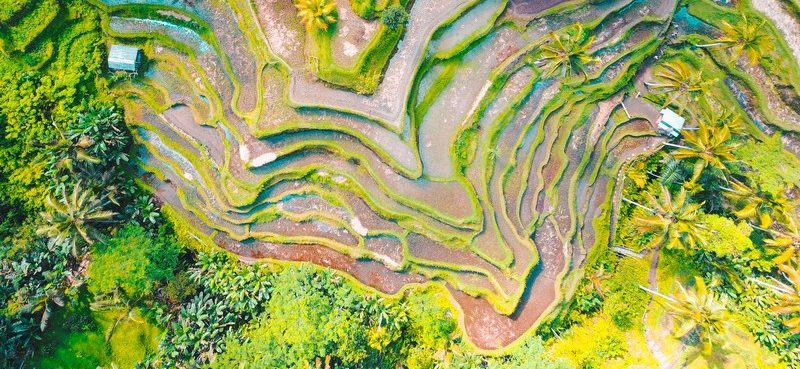
The villages in Borneo, like most in the neglected tropical world, show us how natural capital is irreplaceable. © Jason Cooper-unsplash


